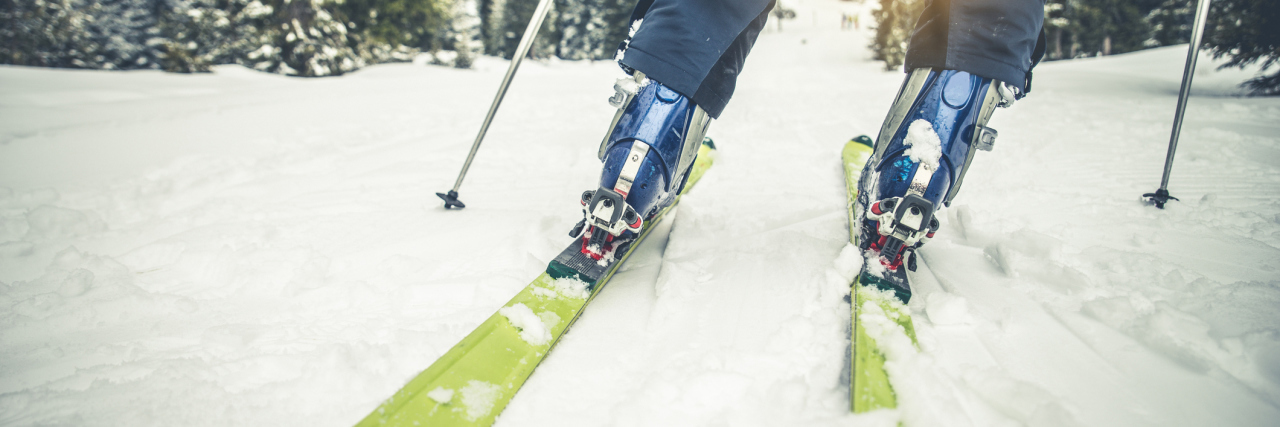I was involved with athletics from an early age. Initially, I focused primarily on baseball. This was, admittedly, not because I myself was passionate about the sport. I would have preferred to spend my Saturdays reading, but the fact that my father was a coach and my mother had to work meant I was along for the ride. In my two seasons, I managed to strike out roughly 80 percent of the time. Although I had never been particularly interested in the sport, when it came time to give it up, I was devastated. Trudging off the field that final time was a long and laborious process, weighed down as I was by the burden of failure, of not having kept up with the other children.
In the months that followed, I could do little more than mope around and flick through the pages of books I had already read. Athletic prowess was like currency among my peers. I was a destitute man, unable to eke out even the most meager living (which in this case meant I had very few friends).
I was born prematurely, and as a result, I have cerebral palsy. I struggle with math, spatial reasoning, and, most importantly, motor coordination on my left side. This made running bases in a timely manner all but impossible. The other children were in the wrong for refusing to accept me for who I was, but if you tried to tell that to 8-year-old me, you would be met with silence and an icy glare.
My father’s cousin came to the rescue. He had been involved in a program that taught disabled children to ski. The program most often catered to children with severe impairments, such as a complete lack of motor control. With my comparatively mild case of cerebral palsy, I would apparently have an easy time of it.
I was very interested in skiing as a sport, but at first I insisted on learning it “the real way,” independent of the special turning movements required to compensate for my disability. Although I was determined, I met much the same fate as I did on the baseball field. This time, instead of striking out, I face planted in the freezing snow. After about two weeks of this, I was ready to return the skis and pack it all in. At this point, I was resigned to the fact that athletics just wasn’t for me. I was doomed to live out the rest of my young life in a disability-imposed exile.
The instructor saw how much I was struggling. He showed me that I could not ignore my disability. I had to learn to work around it, rather than attempting to wish it away. My disability was a part of me, and if I wanted to succeed at anything, I was going to have to come to terms with it.
I wasn’t exactly confident in my abilities at first, but I was able to remain on my feet and make it down the hill without swerving to avoid any other skiers. I came to genuinely enjoy this modified version of skiing. Through it, I learned to be comfortable in my own skin. My success in skiing encouraged me to find my own interests. I threw myself into writing, secure in the knowledge that it was OK to embrace what made me unique.
Diversity does not mean ignoring or “going beyond” differences like race, gender, or ability. These things affect our daily lives in countless ways. Even if it were possible to sweep these aspects of ourselves under the rug, I believe it should not be the goal. Instead of creating a homogeneous world in which everyone is “made equal,” we should work to identify and celebrate the differences that make us who we are.
We want to hear your story. Become a Mighty contributor here.
Thinkstock image by One Inch Punch.

